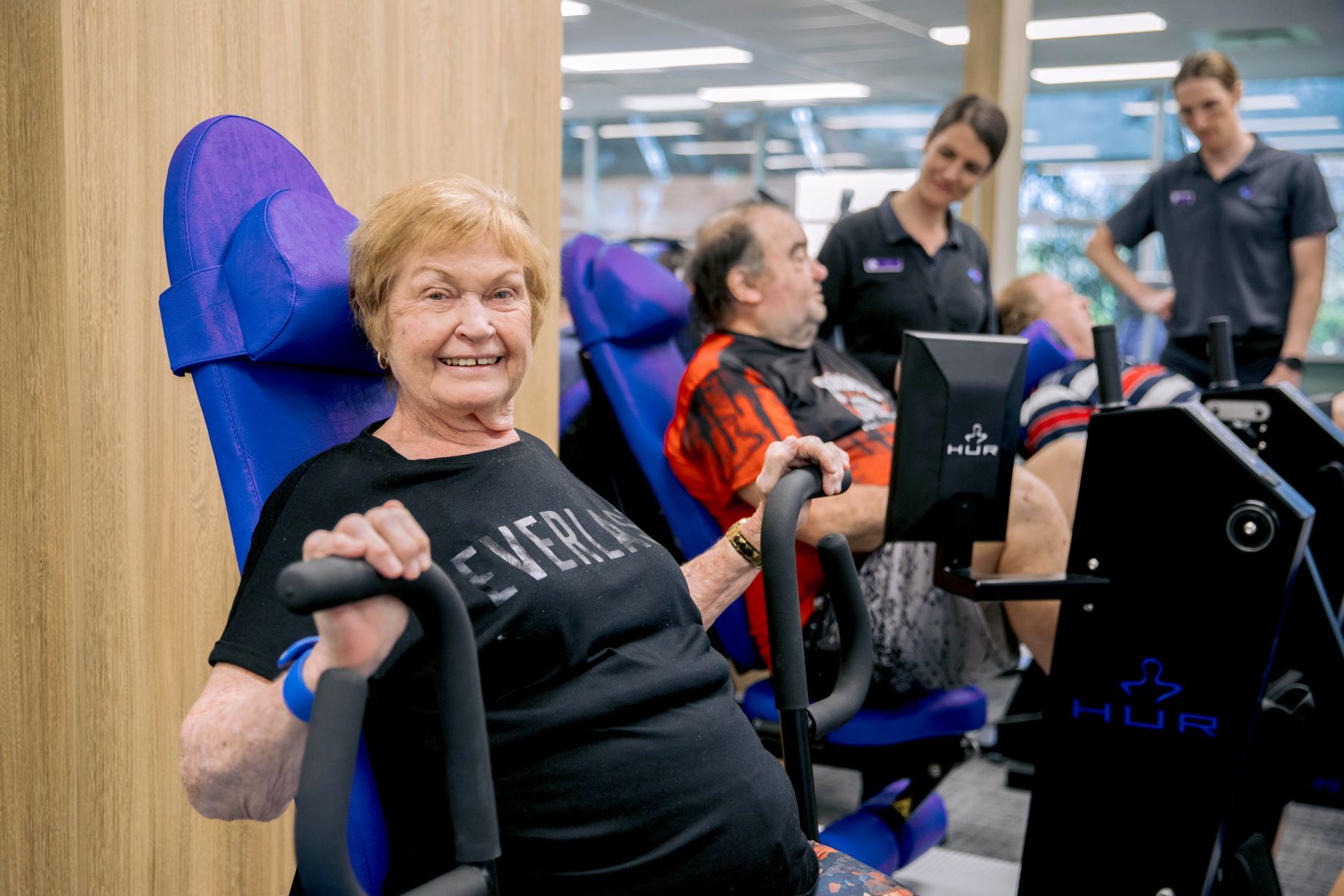 An innovative new program based in Logan is helping people with type 2 diabetes better manage their condition with additional support services to address mental, emotional and social challenges.
An innovative new program based in Logan is helping people with type 2 diabetes better manage their condition with additional support services to address mental, emotional and social challenges.
A partnership with The University of Queensland, UQ Health Care, Health and Wellbeing Queensland, Griffith University, Brisbane South PHN and Metro South Health, Logan Healthy Living is addressing the rising rate of type 2 diabetes in the Logan City community.
Logan Healthy Living lead researcher Dr Sjaan Gomersall from UQ’s School of Human Movement and Nutrition Sciences said the program provides people living in Logan the opportunity to effectively manage their type 2 diabetes.
“My role is to support the team at Logan Healthy Living to embed research into practice so we can see how the lifestyle program has impacted not only these communities but also local hospital and health services,” Dr Gomersall said.
“What we hope for is happier and healthier individuals, who have the confidence to self-manage their condition to the best of their ability and to ease the load on hospitals that are increasingly leant on for potentially preventable problems.”
Logan City currently has the fifth highest rate of insulin-treated type 2 diabetes in the nation and areas within the region have a diabetes death rate nearly twice the national average.
Logan Healthy Living Clinic Manager, Harmonee Dove said the service is led by a team of allied health professionals, supported by students from UQ’s Faculty of Health and Behavioural Sciences and Griffith University.
“One of the aims is to upskill the next generation of health practitioners to become interprofessional, patient-focused clinicians who understand their role in clinical prevention,” Ms Dove said.
“Students studying clinical exercise physiology, physiotherapy, psychology, social work, and nutrition and dietetics, provide support services in diabetes education, goal setting, realistic dietary advice, and supervised exercise.
“Beyond the specific clinical skills necessary for each individual discipline placements, students are provided with an exceptional interprofessional placement model, which is highly beneficial when transitioning to clinicians.
“Students from different disciplines are in the same consultation with a patient, allowing them to collaborate and learn about other disciplines’ roles.
“From a patient perspective, this model offers a better quality of care as they no longer need to repeat their story, navigate different advice and multiple plans from a range of providers.
“Our patients build bonds with students, they miss them when they move on, but are always excited to meet new faces who they might be able to share their stories with and help shape the next generation of healthcare providers.”
Currently programs at Logan Healthy Living are offered at no cost to participants.
After graduating from an eight-week intensive phase of the program, participant support continues throughout the one-year journey, with recharge sessions offered at one, three, six and nine months.
To learn more or refer someone to the program visit the Logan Healthy Living website.
Media: Kirsten O’Leary, UQ Communications, k.oleary@uq.edu.au, +61 (0)412 307 594.



